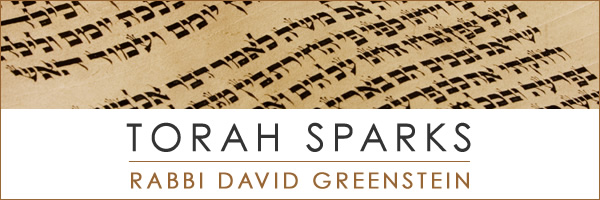Parashat B’shalach
Exodus 13:17 – 17:16
Our Torah portion has a lot in it. It tells of miracles and also teaches us about our routine lives. We celebrate our miraculous salvation at the Red Sea by chanting the song we sang there, a song we repeat every day in our prayers. And we also move on into a new world
of freedom and possibilities. As we proceed into the desert God must provide us with our everyday food and water. But in the desert even the everyday is miraculous. We begin to receive the manna that falls from heaven.
And we begin observing Shabbat. The manna falls every day except for Shabbat. We receive a double portion on Friday, in honor of Shabbat (- which we remember by having 2 loaves of challah at our Shabbat tables). God instructs us that, while the manna could not be kept without spoiling from one day to the next during the week, the manna would not spoil on Shabbat. As a result, everyone collected a double portion of manna on Friday
and could rest on Shabbat. “Everyone should sit secure; no one should have to leave their home on the Seventh Day,” says the Torah. (Ex. 16:29) While some literalists thought that this meant that we could not go out of our houses on Shabbat, that is not the meaning our tradition embraced. Instead our tradition understood that in honor of Shabbat we were bidden to create a safe and secure home, with all provisions for our comfortable living. The very word “Shabbat” comes from the word that means “dwelling,” as alluded to in our verse.
The wellbeing we enjoy on Shabbat is both spiritual and physical. It is tied to the experience of a comfortable home. It is therefore imperative for us to sensitize ourselves to the plight of those who are not as fortunate as we are – who do not have the luxury of a home at all! Every Wednesday night during these Winter months, Shomrei opens its doors to homeless individuals and offers them a place to “sit secure” and to eat a hot meal. The program is called MESH – Montclair Emergency Shelter for the Homeless. The people we serve are in difficult circumstances and live hard lives. Thank God, we are
in a position to help. We are very aware of our responsibility to be good stewards of our building and of our community members, especially of our children. And we take the proper precautions to supervise this project in every way.
But the sight is not a pretty one. Some of us might wonder whether we would wish our youngsters exposed to this rough side of life. But I think the answer is quite clear. When we read Moses’ response to Pharoah last week, we heard him rejoice that all of us were to leave Egypt – “with our young and old… with our sons and daughters.” (Ex. 10:9 – see last week’s Torah Sparks) we were to understand that this was important because all of us – yes, even the children – were to be involved in our new way of life, our service to God. Of course everything must be considered in an age-appropriate way. But our children should not be shielded from the harsh realities of life – because they should not be shielded from learning that we must respond to those harsh realities. Otherwise, we could just as well have stayed in Egypt.
Shabbat Shalom
Rabbi David Greenstein
- Toby Stein: In Memoriam - Thu, Feb 8, 2024
- Faithfulness and Hope: Parashat Sh’lach - Thu, Jun 23, 2022
- Past Their Prime: Parashat B’ha`a lot’kha - Thu, Jun 16, 2022

